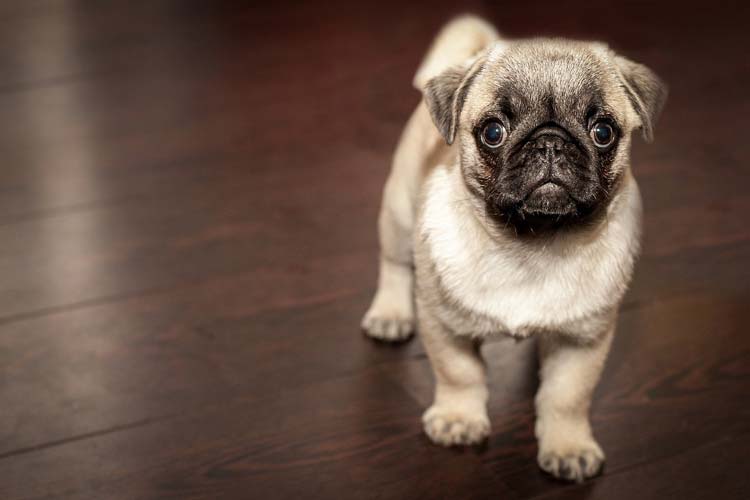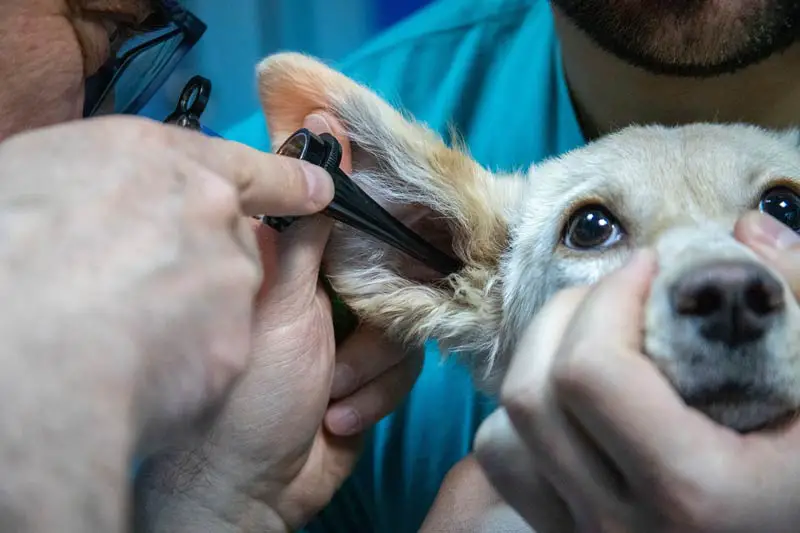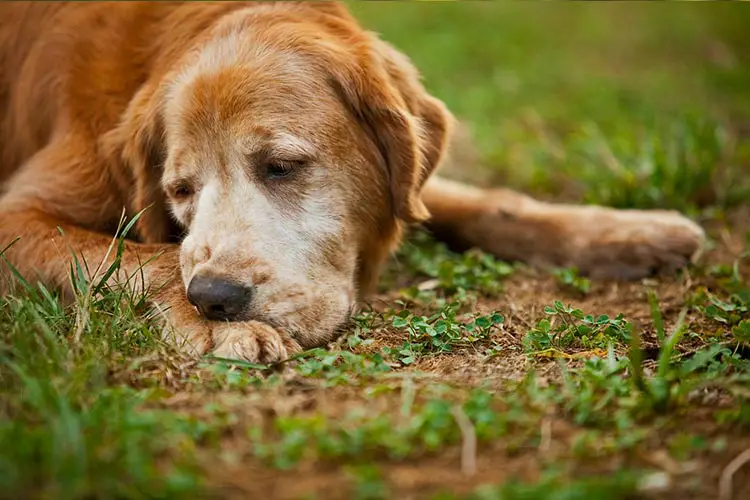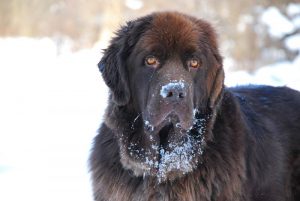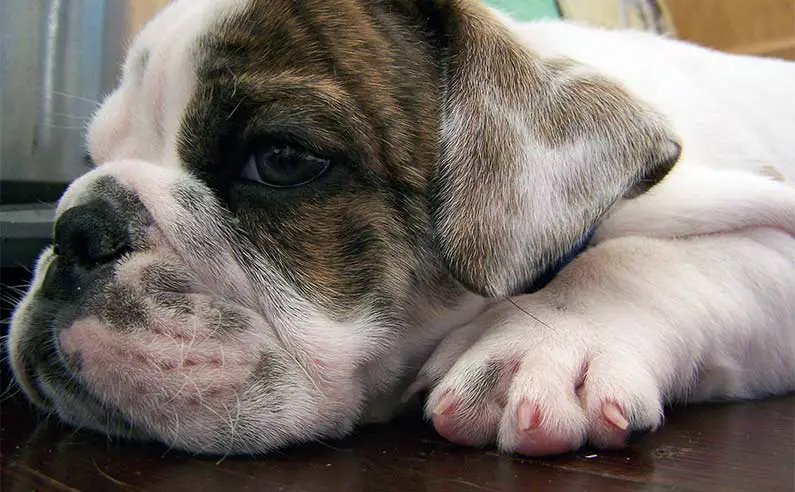 Dogs are adorable and loving pets that make a great addition to any home. They are even cuter and more adorable when they are very young. These dogs also need love and care in return. 8 week old puppies need nutritional and physical care as well as plenty of love and attention from you. If you have an 8-week-old puppy or you are planning to adopt one, you must be considering better ways to take proper care of him.
Dogs are adorable and loving pets that make a great addition to any home. They are even cuter and more adorable when they are very young. These dogs also need love and care in return. 8 week old puppies need nutritional and physical care as well as plenty of love and attention from you. If you have an 8-week-old puppy or you are planning to adopt one, you must be considering better ways to take proper care of him.
Before you bring an 8-week-old puppy to your home, you need to make sure all your necessities are in place, such as toys, bedding, food, and leash. If you can, it would be nice to set aside a couple of days to spend with your new-found love for the first period of bringing him into your home. With a change in environment, your new pup needs all the love, care, support, and guidance he needs.
Page Contents
Feeding an 8-Week-Old Puppy
Puppies do not consume as much food as older dogs do, but they feed more frequently. This is not because they cannot consume an entire day’s food at once, but because it will upset their stomach if they do. An upset tummy is one thing you always want to avoid, as it is not funny to look after a puppy with diarrhea.
See also:
As such, you should prevent your puppy from eating too much, even when he seems hungry. Many large breed puppies, such as Labradors, always seem hungry. However, you need to ration out their food to prevent complications. You should consult your vet to know how much food your pup needs to consume in a day, and then ration the food in at least four meals.
Rationing and controlling the quantity of food your dog eats on a daily basis is very important. This is one of the reasons why someone needs to always be around to take care of him, at least at this stage of his life.
The Nutritional Needs of 8-Week-Old Puppies
In addition to controlling the quantity of food your pup eats, you want to make sure they eat quality and rich food. Different puppy breeds have different nutritional needs, and you need to consider this when buying dog food for your puppy. At this point, you need to consult your vet to recommend the appropriate diet for your puppy. The puppy food you opt for should be nutritionally balanced for the dog breed.
At this stage, the pup is beginning to transition from mother’s milk to solid food, and you need to keep him on the same routine. You should adhere to the food serving guide on the dog food label and moisten dry dog food with water to make it easy for your pup to eat and digest. At this stage, you should avoid feeding your pup with adult dog food. You should only feed him with food designed for puppies as well as his breed.
When taking care of an 8-week-old puppy, buying puppy food is not enough. If you have a large breed puppy, you should go for food with more carbs and slow-burning nutrients, as this helps them to grow properly. Large breed puppies are susceptible to growing very fast, and you need food that will help to control that growth.
For small breed puppies, you should go for food with high volumes of protein and low carbs. Small breed puppies have a quick but sensitive digestive system, and a high-protein diet will help soothe their sensitive stomach. At this tender age, your pup needs a lot of calories, so you want to consider that when shopping for his food.
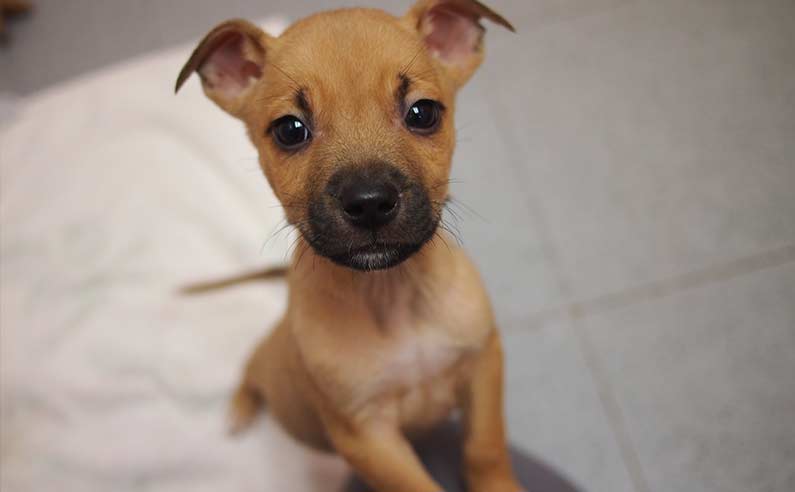
When Your Puppy Is Not Eating
If your 8-week-old puppy has refused to eat, you might want to watch him for some time to figure out what the problem could be. If his behavior is normal but he is not eating, wait it out. He may come around after some time, especially when he drinks water often. Puppies do experience loss of appetite for some reasons, one of which is weather changes. Nevertheless, if he does not come around for more than two days, you should consult your vet.
Health
Unlike human babies, your 8-week-old puppy probably will not need to visit the vet regularly all through his first year of life. Nevertheless, you need to look for a good vet, if you do not have one already. The best time to find a vet is when you are not in urgent need of one, and this will ease the tension in the event of an emergency. Besides finding a vet, it is important that you establish good health practices with your pup at this tender age.
Your pup will grow with any habit or lifestyle you throw at him at this age. If you start visiting the vet now, your pup will grow with that habit. If you go to the groomers regularly at this stage, he will not have any issues with grooming sessions when he grows up. Exercise, grooming, vaccines, and diet are all part of the overall health of your puppy. Hence, you need to make them get used to it at this tender age.
Puppy Training
This is one of the most fun parts of taking care of an 8-week-old puppy. Training is very important for puppies, as it is about establishing long-term habits. While the process is fun, the goal is to teach your pup what to do and when to do it. The process should also include crate or potty training as well as other basic behavior commands.
When training an 8-week-old pup, there are some basic dos and don’ts, some of which includes:
Do’s:
- Schedule time for all training
- Always reward your pup for good behavior
- Use your hands and your voice
- Concentrate and don’t be distracted
- Use the same commands during and after training sessions.
Don’ts:
- Use a higher-pitched voice when giving instructions or commands
- Always allow your pup to walk in front of you
- Stop practicing.
With these tips, you will be able to achieve outstanding results at the end of the day. When training a puppy, consistency is key. Don’t forget to always reward your pup for good behaviors and discipline him for bad ones. For example, if your puppy likes chewing things, he should be disciplined when he chews on shoes or anything besides his chew toy.
Eight weeks old is the perfect age to start training your pup. At this age, your pup will learn and absorb things quickly. The basic training to start with your pup includes crate training, potty training, and other commands such as sit, heel, or down. However, one of the most challenging at this stage is potty training.
8-Week-Old Pup Potty Training
Potty trading does not come naturally to dogs, unlike cats. At this stage, you need to train your puppy with puppy pads and outside visits. If your pup has been housebroken before you adopted him, he may have already gotten used to this. If your pup spends a lot of time outside at night or during the day, it may be an advantage to you. When a dog stays outside for long, he will become very comfortable using the potty outside.
Nevertheless, if your puppy is always indoors or in an apartment without a yard, you should get ready for frequent outside trips. You and your pup will greatly benefit from this exercise in the long run, as it will enhance the behavior of your pup while he learns to do his business outside rather than in your living space.
Your puppy potty training should begin with puppy pads. Monitor the pup, find out his favorite peeing spot and put a puppy pad there. To make it easy for your pup to return to that spot and pee, you should soak a little pee with the pad. Once your pup gets used to that peeing spot, you can start taking the pad outside by moving it closer to the door gradually.
This training involves careful observation. You need to monitor the behavior of your pup constantly. Once you notice any squatting or sniffing, it is time to take your pup outside.
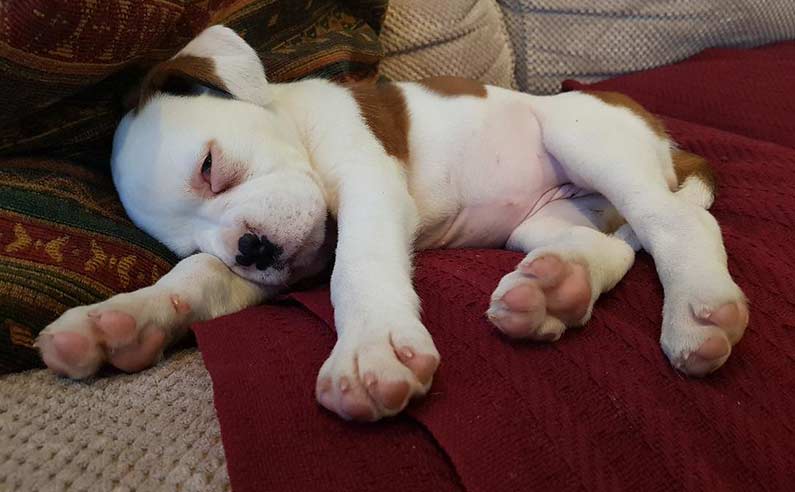
8-Week-Old Puppy Crate Training
Introducing your pup to crate training at this early age is also important, as it will help to keep him safe. This training helps with housebreaking and it provides your pup with a comfortable den-like environment he will feel safe in. At this early stage of your pup’s life, he needs plenty of supervision and a crate will help to keep him safe, especially when you are not around.
However, you should not leave your pup in the crate for too long, as puppies cannot hold their bowels and bladder for a long time. The kennel you opt for should be spacious enough for your dog to stand up and turn around. Some crates are ideal for different dog sizes, as they come with dividing panels that let you adjust the size as your dog grows.
Putting Your Puppy on a Schedule
Schedules are relevant in our everyday life. Nevertheless, baby animals such as puppies do not know what schedules are and how it works. Putting a pup on a schedule is not an easy process, and you need to be consistent and persistent to achieve that.
However, when doing this, there are a couple of things you need to keep in mind. The first thing is that pups sleep for more than 15 hours per day. The second is that feeding time can take 5 minutes or less. The third is that you need to plan exercise when the weather is friendly.
To set up your pup’s schedule, you need to take note of the times of the day he sleeps regularly. You should not disrupt his sleeping schedule at this tender age. At this point, a crate can help you create good sleeping habits for your pet. You should work around feeding times that are suitable for you. You should not ignore outing times when creating this schedule. Potty training should also be part of his schedule at this stage.
8-Week-Old Puppy Vaccinations
When taking care of a puppy, you need to pay close attention to his vaccination. If you adopted the puppy, make sure you check his vaccination history before you give him any. Between six and eight weeks, there are some vital booster shots and vaccines your pup should take, and you do not want to miss them. You can consult your vet to confirm which vaccine your pup needs at this stage.
Dealing with Your Puppy Crying at Night
8-week-old puppies are still very tender and it is usually hard for them to leave their mothers at this stage. Your newfound love can be crying at night because he is no longer with his siblings and mother, and this can be disheartening. At the early stages of bringing this pup home, he could be crying at night because he is not used to being alone.
Interestingly, the solution to this problem is pretty simple. To stop your pup from crying at night, you can place a shirt (a recently worn shirt) in your puppy’s crate. A ticking clock can also help in this situation. The smell from the shirt will make your pup feel like you are close to him, and this will help to comfort him. The ticking clock can also serve as a heartbeat, making them feel that they are not alone.
Caring for Your Pup’s Teeth and Gum
You need to start caring for your pup’s teeth and gum at this tender age. You should get chew toys and treats for your pup to help with the development of his teeth. However, you want to make sure the treats are healthy and designed for puppies of this age.
Conclusion
8-week-old puppies need all the love, care, and support they can get at this age. As a pet parent, it is your duty to ensure your pup grows healthy, happy, and strong. With this pup caring guide, you should not have any issues taking care of an 8-week-old puppy.
